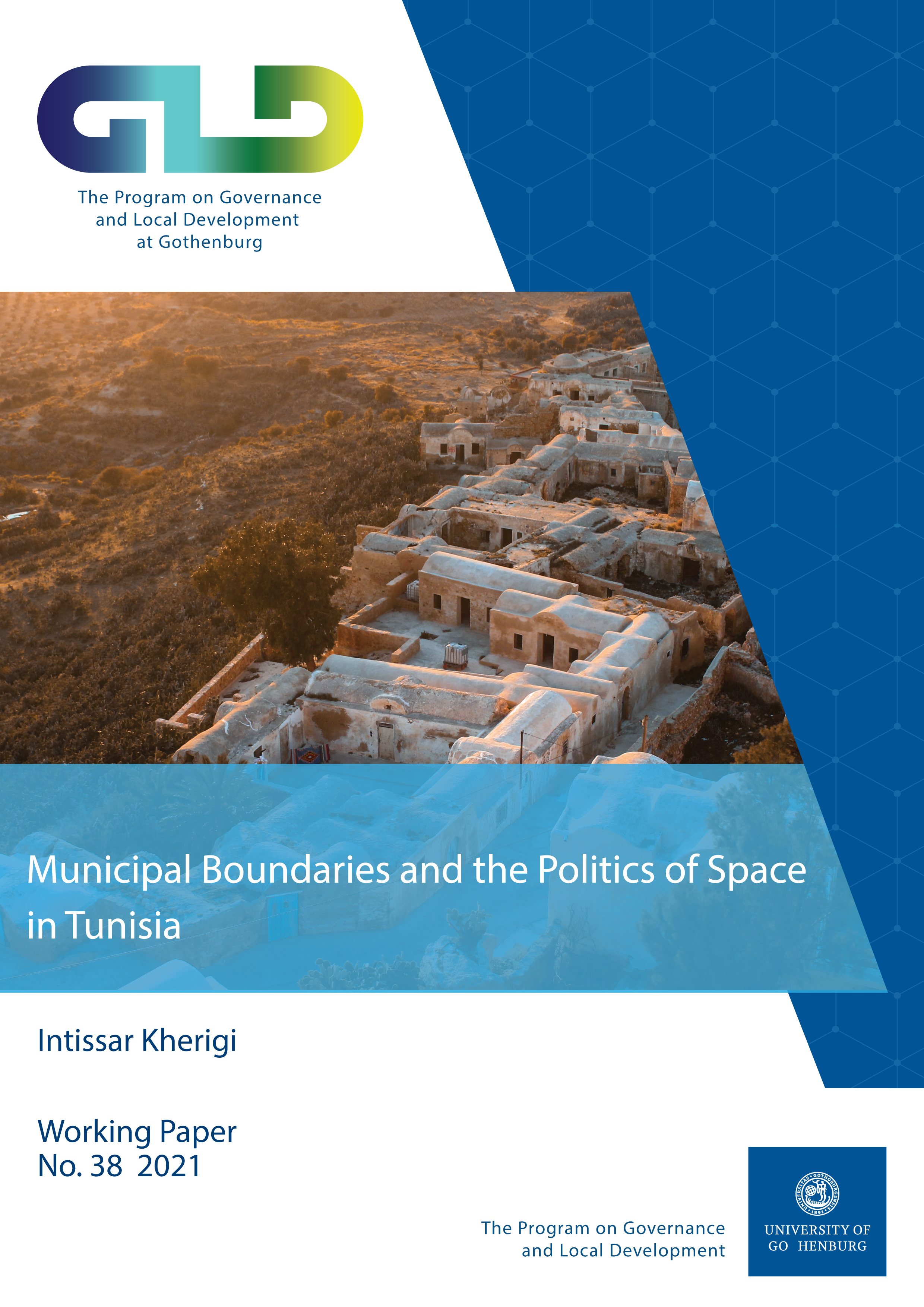No.38 Municipal Boundaries and the Politics of Space in Tunisia
Intissar Kherigi
Abstract
This paper examines Tunisia’s 2015-17 municipal boundary reform process, undertaken in preparation for the decentralization process mandated under the 2014 constitution. It analyzes how municipal boundary decisions were made, the actors who were involved, and the logic that shaped the reform process. Through extensive fieldwork in the capital, Tunis, and in eight municipalities around Tunisia, this paper explores how the underpinning logics of national decision-making collide with the spatial realities of local actors. This paper argues that the municipal boundary reforms were guided by a combination of security-based and clientelist logics that imposed centralized conceptions of space and failed to engage with territories as lived spaces. Furthermore, it argues that, by failing to address the social, economic and spatial implications of boundary reforms, the reforms contributing to producing a despatialized decentralization process that ultimately has little meaning for residents and proves problematic for the resulting municipalities and their constituent relations. The process thus replicates many of the same logics and conceptions of space that have shaped territorial governance since the colonial era.
